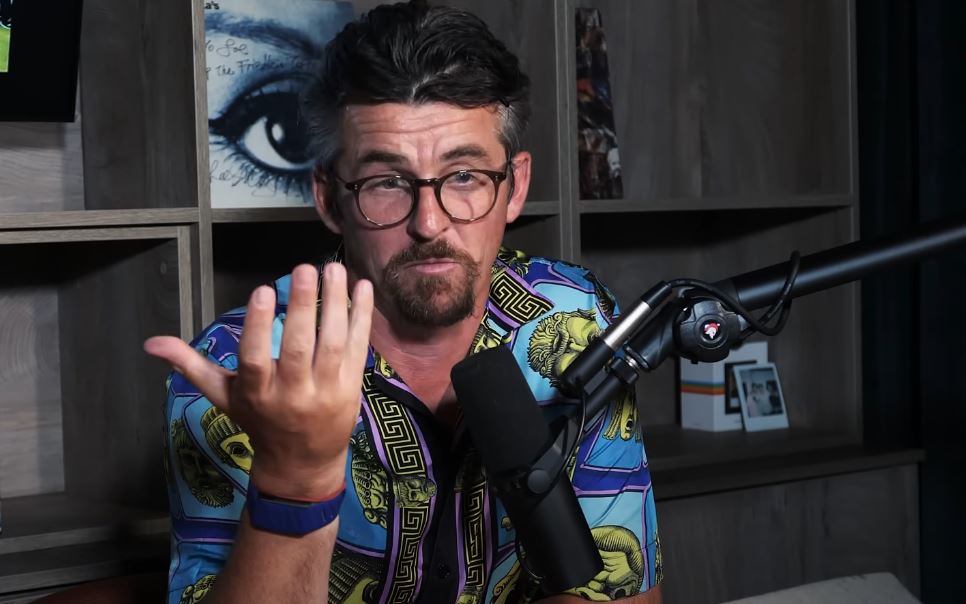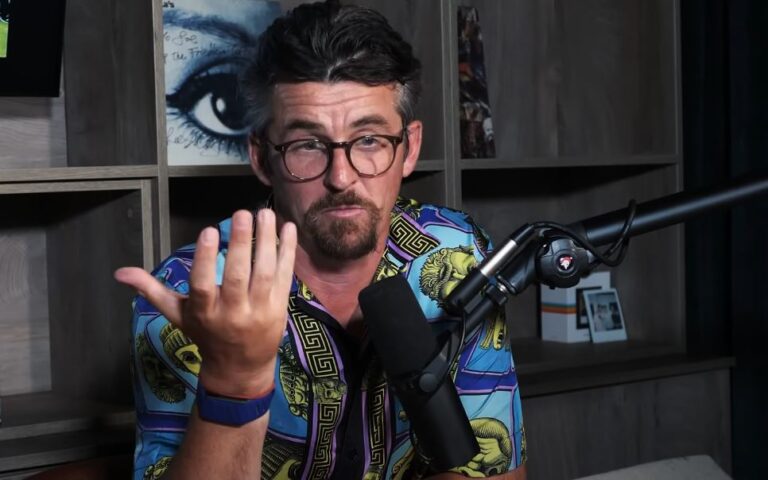
Unquestionably fascinating, Joey Barton’s financial journey is remarkably complex. His projected 2025 net worth of £7.5 million is indicative of a career that has been influenced by both performance and resiliency. Given the setbacks he has faced, Barton’s ability to sustain and even increase his wealth is especially remarkable. He was once regarded as one of English football’s most volatile figures.
Barton was able to maintain his prominence in both his career and finances by avoiding legal repercussions, frequent suspensions, and public scrutiny. His contracts with teams like Manchester City, Newcastle United, and Queens Park Rangers during his prime brought him steady incomes during his prime, which were said to have exceeded £20,000 per week. Together with appearance fees and performance bonuses, these contracts created the financial framework that would eventually turn out to be incredibly resilient.
Joey Barton – Net Worth and Career Snapshot
| Attribute | Detail |
|---|---|
| Full Name | Joseph Anthony Barton |
| Date of Birth | 2 September 1982 |
| Nationality | British |
| Estimated Net Worth (2025) | £7.5 million (approx. $9.3 million) |
| Main Income Sources | Football, Management, Endorsements, Media |
| Last Managerial Role | Bristol Rovers (2021–2023) |
| Highest Annual Salary | Estimated £1.4 million (as football manager) |
| Business Interests | Joey Barton Promotions Ltd, Personal Brand Ventures |
| Residence | Marseille, France |
Barton made a significant effort to diversify his sources of income in the 2010s. He made significant contributions to his portfolio by signing endorsement contracts with major sportswear companies like Adidas and Lotto. More intriguingly, his media presence—particularly his appearances on podcasts and Twitter—aided in his development as a digital brand. Despite being contentious, that publicity worked incredibly well to maintain his reputation’s value to both audiences and sponsors.
Barton made a daring move into management after his playing career. He was praised for his aggressive coaching style and tactical insight when he took over at Fleetwood Town and then Bristol Rovers. At its highest, his yearly salary as a League One manager was £1.4 million, which was much more than the tier average. Barton turned teams with relatively low budgets into competitive entities by enforcing discipline and putting in place structured fitness regimens. His off-field media presence and managerial development were especially helpful in maintaining his financial relevance.
Even with the good developments, Barton’s financial journey hasn’t been without stress. His legal disputes, particularly the most recent £500,000 damages award given to broadcaster Jeremy Vine, demonstrate how easily statements made in public can have expensive consequences. Nevertheless, Barton’s response was remarkably measured, withdrawing from social media while carrying on with other endeavors. Instead of disappearing, he refocused.
Barton was able to withstand career setbacks that could have destroyed or silenced others by making calculated decisions and maintaining constant visibility. His personal assets did not appear to be significantly impacted by the losses incurred by Joey Barton Promotions Ltd. In recent years, he has continued to own real estate in Marseille, driven luxury cars such as the Aston Martin DBS Vantage, and made frequent appearances on sports commentating websites. His visibility and marketability were maintained by these public-facing actions.
The dual nature of Barton’s brand—part antagonist, part philosopher—is what makes his financial story so inventive. He distinguished himself from conventional sports figures by developing an oddly intellectual persona through his Twitter references to thinkers such as Nietzsche and Orwell. Even when he wasn’t actively managing or playing, his tweets, which were occasionally provocative and other times reflective, kept audiences interested. Because of this special fusion of depth and unpredictability, his personal brand was highly adaptable and, consequently, profitable.
Athletes who spark public debate have been shown to hold their economic worth for longer in recent years. Media personalities like Piers Morgan and athletes like Zlatan Ibrahimović—people whose voices carry commercial weight regardless of their active professional status—are remarkably similar to Barton in their ability to remain relevant in the face of disciplinary bans, media backlash, and irregular career transitions. Barton used that model in his own way.
Barton’s current situation is quite hopeful for someone who was once thought to be beyond redemption. Although it isn’t enormous, his net worth is steady. It depicts a life that has been repeatedly harmed but also continuously rebuilt. Despite its turmoil, his story provides insight into how contemporary public figures can maintain their value through media strategy and reinvention. By switching from live performance to media influence and using his image in incredibly obvious ways, he has managed to maintain his financial stability.
Barton’s story also provides an example of how public personalities can control their narratives. He transformed controversy into narrative depth by owning up to his mistakes, writing an autobiography, and being candid about his views on politics, philosophy, and mental health. Authenticity was enhanced by this readiness to criticize oneself while maintaining an unapologetic stance. Additionally, Barton adjusted just in time in a media environment where opportunity frequently equates to authenticity.
Barton created a career path that is difficult to classify through his leadership roles, personal scandals, and football legacy. He wasn’t the most renowned manager or the most gifted player on the field. However, he turned into a very uncommon kind of man—one whose errors reshaped rather than erased his future.
